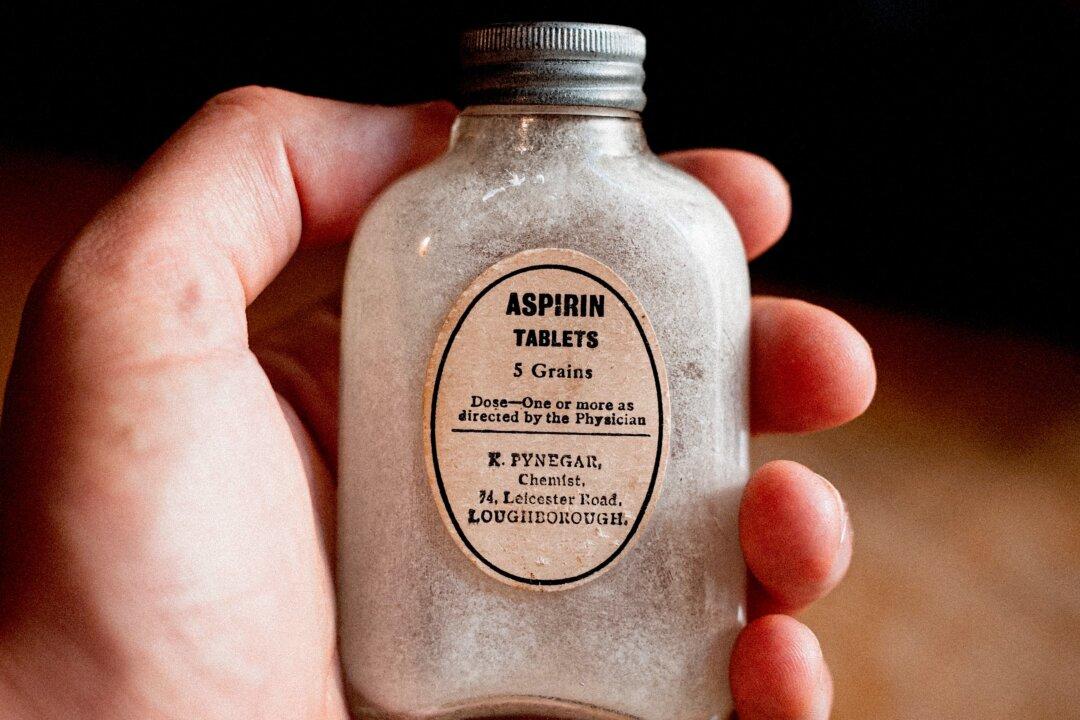The Research Is In
European researchers studied the diets of 471,495 adults from ten different European countries using the innovative new British Nutrient Profiling System called Nutri-Score. Nearly 50,000 of these adults (49,794) were newly diagnosed with cancer. And what they found was definitive.Junk food diets lead to a higher risk of colorectal, stomach cancers, and cancers of the respiratory tract (mouth, nose, throat, vocal cords, windpipe and esophagus and windpipe). For women, the risk of both liver and breast cancer was also higher, and for men, the risk of lung cancer was greater.






